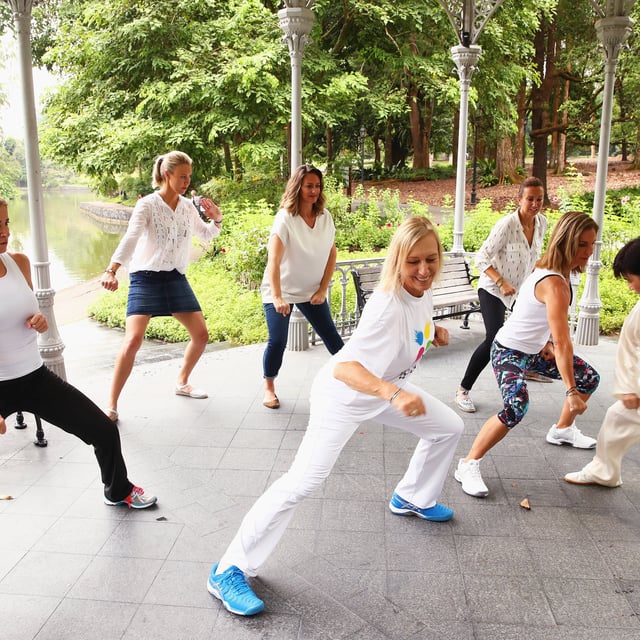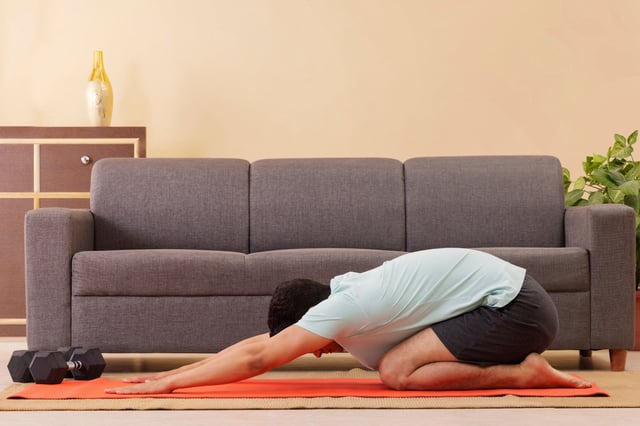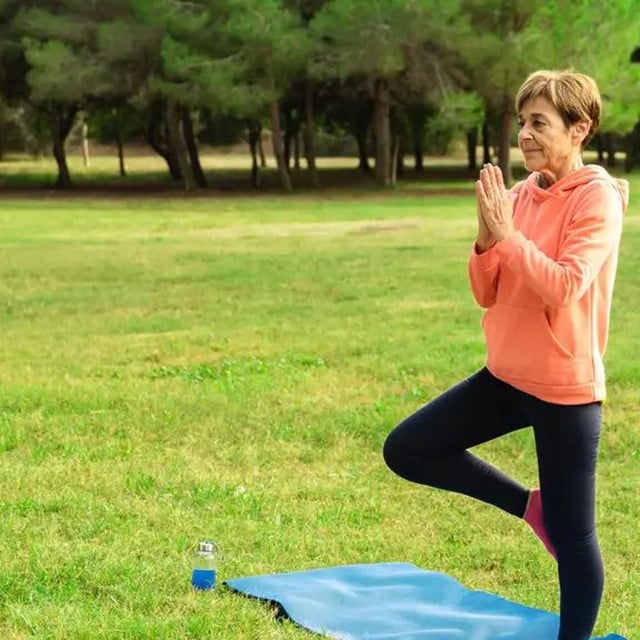Overview
- Meta-analysis of 22 trials involving 1,348 participants found yoga boosted total sleep time by nearly two hours and reduced awake time after sleep onset by almost an hour.
- Tai chi led to significant improvements in sleep quality and reductions in insomnia severity, while walking and jogging also markedly eased insomnia symptoms.
- Researchers highlighted the low cost, minimal side effects and high accessibility of mind-body and aerobic activities as key advantages over conventional insomnia treatments.
- The study, published in BMJ Evidence Based Medicine, notes methodological limitations in several trials and calls for larger, higher-quality research to confirm and extend these findings.
- Despite evidence that cognitive behavioral therapy offers lasting benefits, barriers such as a lack of trained practitioners underscore the need for scalable, exercise-based interventions.


